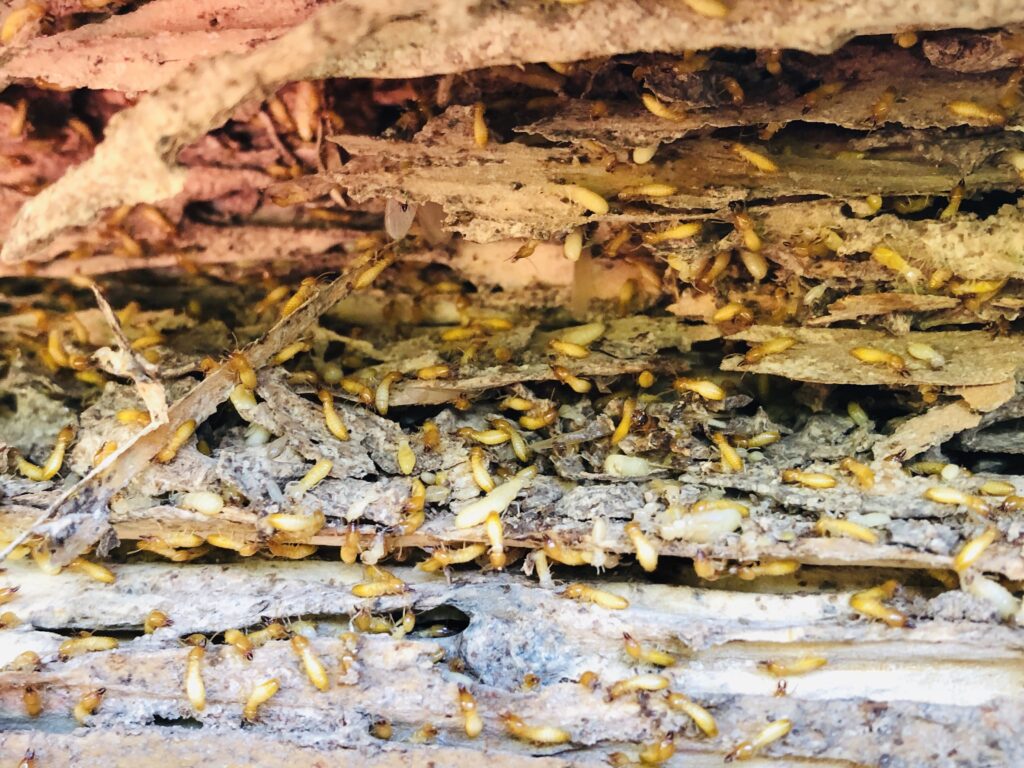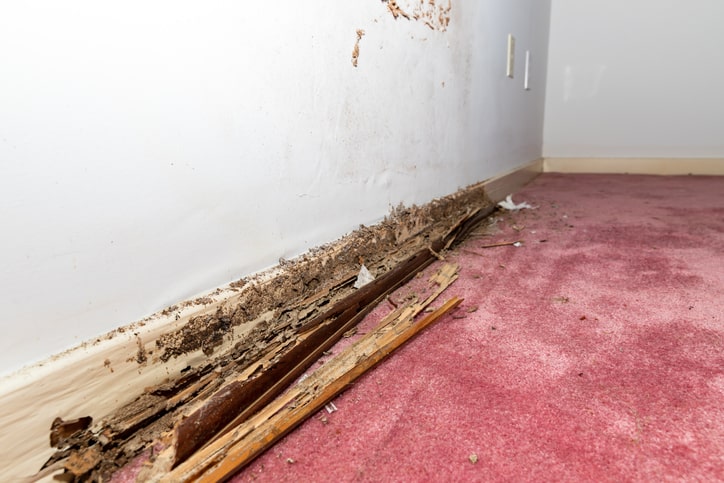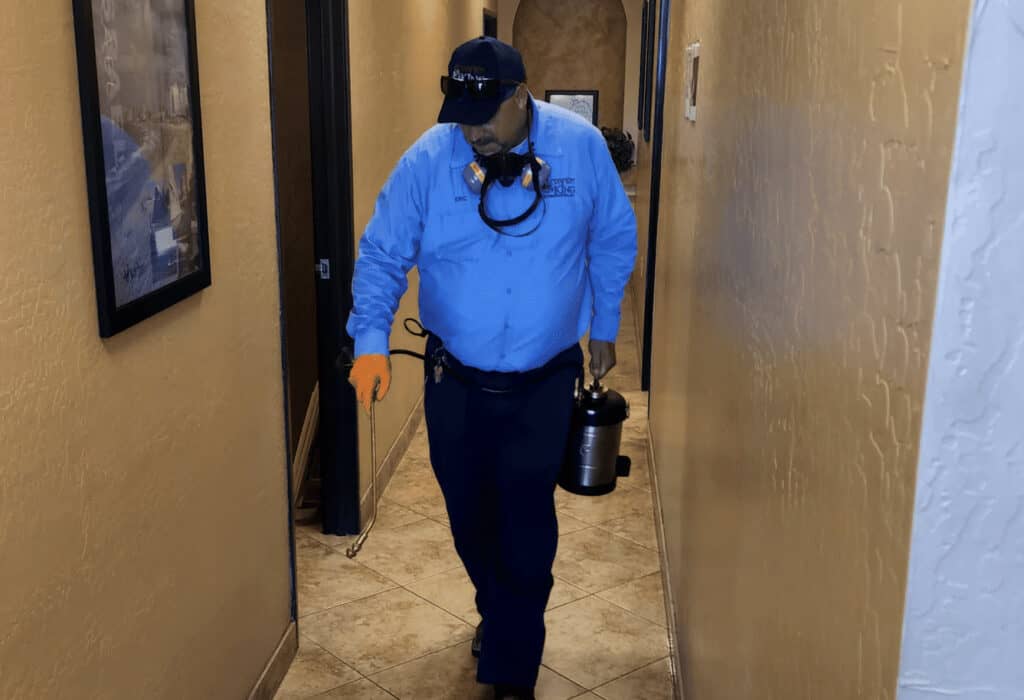
During a termite inspection, it’s important to gather as much information as possible to assess the extent of any infestation and to determine the best course of action for treatment and prevention. Here are some questions you might consider asking:
Confirmation of Termite Presence:
Can you confirm whether there are active termites on the property?
Where were the termites found, and how extensive is the infestation?

Type of Termites:
What type of termites are present (subterranean, drywood, dampwood, etc.)?
Are there multiple types of termites on the property?
Location and Entry Points:
Where were the termites found inside the structure?
Can you identify the entry points or areas of vulnerability?
Extent of Damage:
How much damage have the termites caused, and in which areas?
Is the structural integrity of the building compromised?
Have the termites spread to plumbing lines inside the structure?

Conditions Conducive to Termites:
Are there any specific conditions around the property that might be conducive to termite activity (moisture issues, wood-to-soil contact, etc.)?
Inspection Methods:
What and where do you inspect? Other than visual, do you use technology-based equipment to find termites inside the structure?
Treatment Options:
What treatment options are recommended for the specific type of termites identified?
Is soil treatment best for termites already inside the living structure and near plumbing lines?
Are there alternative treatments available, and what are their pros and cons for my current termite infestation?
What products are used to eliminate termites? An experienced professional knows the product.
What is the difference between a repellant and a non-repellant technology-wise? Does a termiticide repellant make the termites leave the structure or just move to another part of the structure? This is a key question! Make sure you receive an accurate and informative reply.

Preventative Measures:
What preventative measures can be taken to reduce the risk of future infestations?
Are there any modifications or repairs needed to prevent termites from returning?
Timelines: How long will the recommended treatment take?
When can you expect to see results, and how often should follow-up inspections occur?
Cost Estimates:
What is the estimated cost of the recommended treatment?
Are there on-going costs for maintenance or monitoring?
Warranty or Guarantee offered and what is the difference?
Do some termiticides come with an automatic warranty? If so, which one?
The warranty is legally binding and is in the Terms and Conditions you sign when taking service. A guarantee is verbal and non-binding, and up to the true integrity of the company to up-hold.
Recommendations for Homeowners:
Are there specific actions or habits that homeowners should adopt to prevent future termite issues?
What signs should homeowners be aware of that might indicate a new infestation?
Certifications and Licenses:
Are you licensed to perform termite inspections and treatments in this area?
Can you provide references or proof of certification?
Remember, a thorough understanding of the termite situation and the recommended course of action will empower you to make informed decisions and take effective steps to protect your property.